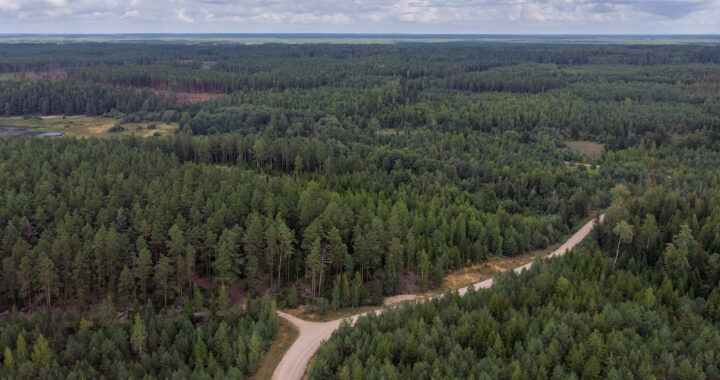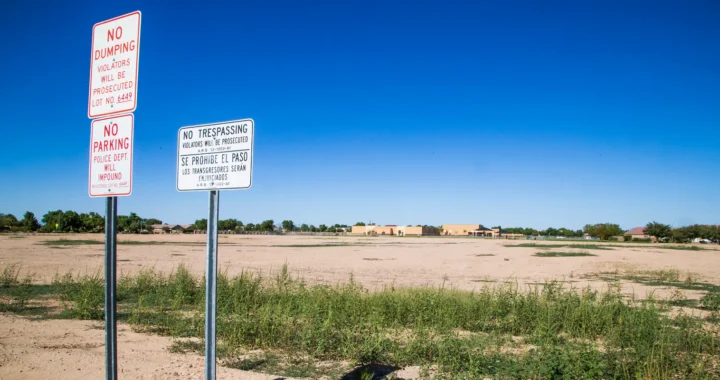Welcome, landowners, to another empowering blog entry from Peake Real Estate Investments! We understand that owning land can be a significant responsibility, both financially and emotionally. If you find yourself holding onto a property that no longer serves your needs or aspirations, we’re here to offer you a fresh perspective. In today’s blog post, we’ll explore the benefits of selling your land to our trusted company and how it can open doors to new possibilities. Let’s dive in!
Discover the Hidden Value: Have you ever considered the untapped potential your land possesses? It’s time to uncover the hidden value that lies within. At Peake Real Estate Investments, we specialize in recognizing the true potential of land and transforming it into lucrative opportunities. Whether your property is vacant, undeveloped, or underutilized, we have the expertise to envision its highest and best use. Selling your land to us can help you unlock its hidden value and set the stage for exciting possibilities.
Simplify Your Responsibilities: Owning land comes with its fair share of responsibilities, from property taxes and maintenance to potential legal obligations. If the burden of managing your land has become overwhelming or no longer aligns with your goals, it might be time to consider a new path. Selling your land to Peake Real Estate Investments can alleviate the stress of these responsibilities, allowing you to focus on other priorities while we take care of the details.
Capitalize on Your Investment: Land is a valuable asset, and its worth can appreciate over time. However, the real potential lies in capitalizing on that investment at the right moment. By partnering with Peake Real Estate Investments, you can convert your land into capital and realize the financial benefits of your investment. We offer competitive prices and a streamlined process to ensure a fair and efficient transaction.
Explore New Ventures: Selling your land opens up a world of opportunities. Perhaps you’ve been dreaming of starting a new business, investing in another property, or pursuing a different passion. By working with Peake Real Estate Investments, you can turn your land into the capital necessary to embark on those ventures. Embrace the excitement of new beginnings and let us help you take the next step toward your aspirations.
As we conclude this blog entry, we hope to have inspired you to consider the possibilities that await when you sell your land to Peake Real Estate Investments. Let us be your trusted partner in this journey, guiding you toward a brighter future. Contact our team today to explore how we can turn your land into a catalyst for growth and fulfillment. Remember, it’s never too late to embrace new opportunities and unlock the potential that lies within your property.
Stay tuned for more empowering insights from Peake Real Estate Investments, where your dreams find their foundation.









